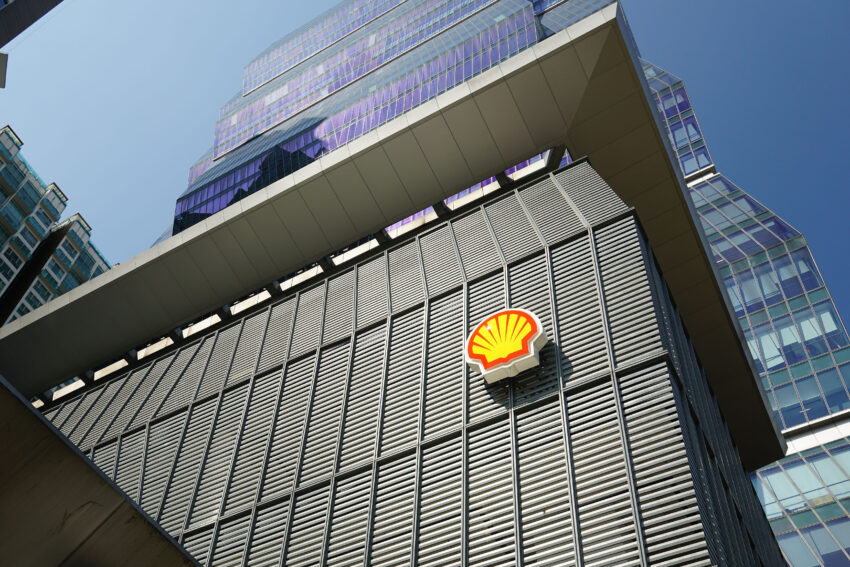Shell has apologised for buying Russian oil last week and said it will begin severing all involvement with oil and gas in the country, including shutting its 500 petrol stations there.
The London-listed energy giant sparked an international backlash on Friday by buying a heavily discounted cargo of Russian oil, just days after it condemned Russia’s invasion of Ukraine and vowing to exit joint ventures with Kremlin-backed Gazprom.
Dmytro Kuleba, Ukraine’s foreign minister, tweeted: “Doesn’t Russian oil smell [like] Ukrainian blood for you?”
Ben van Beurden, Shell chief executive, said: “We are acutely aware that our decision last week to purchase a cargo of Russian crude oil to be refined into products like petrol and diesel — despite being made with security of supplies at the forefront of our thinking — was not the right one and we are sorry.”
He said Shell’s actions to date had “been guided by continuous discussions with governments about the need to disentangle society from Russian energy flows, while maintaining energy supplies”.
Van Beurden set out a series of commitments to extract Shell from all involvement in Russian oil and gas, which he said Shell would now pursue unless directed by governments to do otherwise.
He said Shell would immediately stop buying Russian crude oil on the spot market and would not renew contracts. It would change its “crude oil supply chain to remove Russian volumes” as quickly as possible but said that “the physical location and availability of alternatives mean this could take weeks to complete and will lead to reduced throughput at some of our refineries”.
Shell said it operates about 500 service stations in Russia, and also has an aviation fuels and lubricants business. Van Beurden said all of these would be shut, although the timing was unclear. It would “consider very carefully the safest way to do this, but the process will start immediately”.
It will also begin a “phased withdrawal from Russian petroleum products, pipeline gas and LNG” but warned that this would take much longer. It was revealed on Saturday that Shell had unloaded a cargo of Russian LNG to a terminal in Wales.
The announcement of a total exit from Russia is a marked escalation of Shell’s position last week when it vowed to exit its joint ventures with Gazprom, the Kremlin-backed gas company. These include its 27.5 per cent stake in the giant Sakhalin-2 liquefied natural gas project in the far east of Russia.
At the time Van Beurden said Shell was “shocked by the loss of life in Ukraine, which we deplore, resulting from a senseless act of military aggression which threatens European security”. He added: “We cannot — and we will not — stand by.”
Although there are no formal sanctions on Russian oil and gas, buyers began shunning Russian oil cargoes last week, leaving to Russian oil being offered at a record discount to Brent crude.
However on Friday Shell bought a cargo of Russian crude oil from Swiss trader Trafigura at a discount of $28.50 a barrel.
Shell initially defended the purchase, saying it was necessary “to ensure that we continue the production of essential fuels and products that people and businesses rely on every day” and that there was a “relative lack of alternatives” to supply its refineries and chemicals plants.
On Saturday as the backlash grew it vowed to donate any profits to a fund to help the people of Ukraine but again defended the decision, insisting that “cargoes from alternative sources would not have arrived in time to avoid disruptions to market supply”.


